|
Advertisement
|
💛
Qelat

Description
"Qelat is a common name for mancala variants played in western Eritrea. In Bilén it is the plural of qeltay, the name of the seeds used in the game. This particular variant is played among the Beni Amir and Mensa people, mainly by elders and young boys in their leisure time, as well as by males generally, especially during the period after marriage ceremonies. The elders often played it for large stakes, such as a hundred cows or a piece of land. It was first described by Richard Pankhurst in 1971 as Qelat II (Game 11) who stated that "the counting of balls in the course of play is fully permissible." Rules: Qelat is played by two players. The game board consists of two rows of six holes. Initially, there are 4 seeds in each hole. Qelat is a two-directional game played on a twelve-hole board without pre-designated storehouse holes. As the game proceeds, each player creates up to six storehouse holes, called waldas. On each turn, players sow only from one of the six holes on their own side of the board, but not from waldas. Seeds from the three holes on a player's right are sown counter-clockwise, whereas seeds from the three holes on a player's left are sown clockwise. Qelat is a single lap mancala game. The object of the game is to capture holes, which is done, as in many games, by dropping the last ball in any hand into a hole containing three balls which are thus increased to four. Such captured holes, corresponding to the weg of other areas, are known as walda, but can be captured only in certain parts of the board. The leftmost and rightmost holes on either player's own side of the board, as well as the outer two holes on the opponent's side of the board are eligible to become waldas for that player. Thereafter seeds accumulate in walda(s) from the sowing of both players. Waldas are not skipped as incorrectly stated by Mohr. The winner is the player who accumulates the largest number of balls in his walda(s). Unlike many other mancala games, a player who is unable to move passes turns until a legal move is available. When neither player can move, the game is over. At the end of the game, the player who has captured the most seeds wins. Pankhurst didn't say how to avoid repetition of board positions. It is suggested to use the following rule from another mancala game (Mazagebh I (Game 12)) of the same region: When a player moves a ball across the end of the board to his opponent's opposite hole the latter player is forbidden to shift the ball back in the following move." Pankhurst, R. 1971. 'Gabata and Related Board Games of Ethiopia and the Horn of Africa', in Ethiopia Observer; 14 (3): 204. Game DiscussionsAdd CommentYou need to be logged in to comment. Insert Bullet List Please enter at least one item. Item: Item: Item: Item: Item: Insert Numeric List Please enter at least one item. Item: Item: Item: Item: Item: Insert Link Please enter the link of the website Optionally you can add display text Insert Email Please enter the email address Optionally add any display text Insert Image Please enter the link of the image Insert YouTube Video Please enter the link of the video MarketplaceNo listings at the moment. Do you own this game? Click here to list it for sale.
|
Best Sellers
Board Games
|
||||
Latest Searches: Mad king | dont dump the daisy | right left center | World of warcraft the boardgame | wigs | asara | Krull | dorchester county monopoly | ghost | outburst remix | daytona challenge - made in the usa | Norristownopoly | das spiel | rogersville monopoly | brains | fate | thai monopoly | gift card | Double trouble | days of wonder memoir 44 pacific theater expansion | transformers studio series long haul | Monopoly ozarks | Scrabble Platinum edition with rotationg board | Weed monnopoly | colonial | phage marvel legends | beyblade dead hades | TV show | Starz | sequence pdf
All Rights Reserved

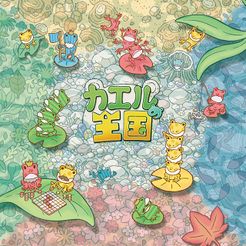
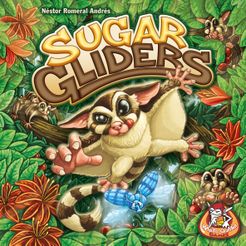
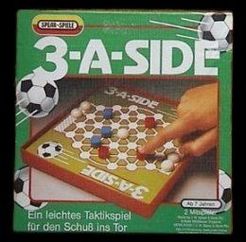
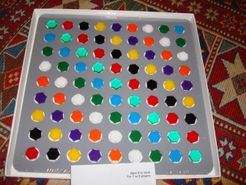
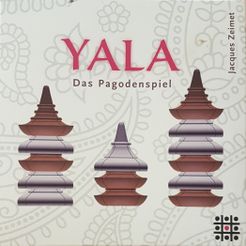
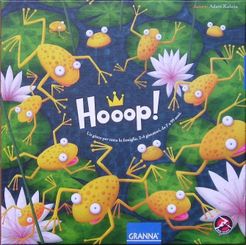
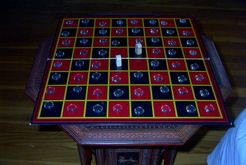


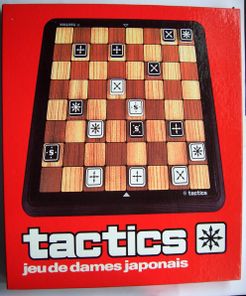
Comments (0)